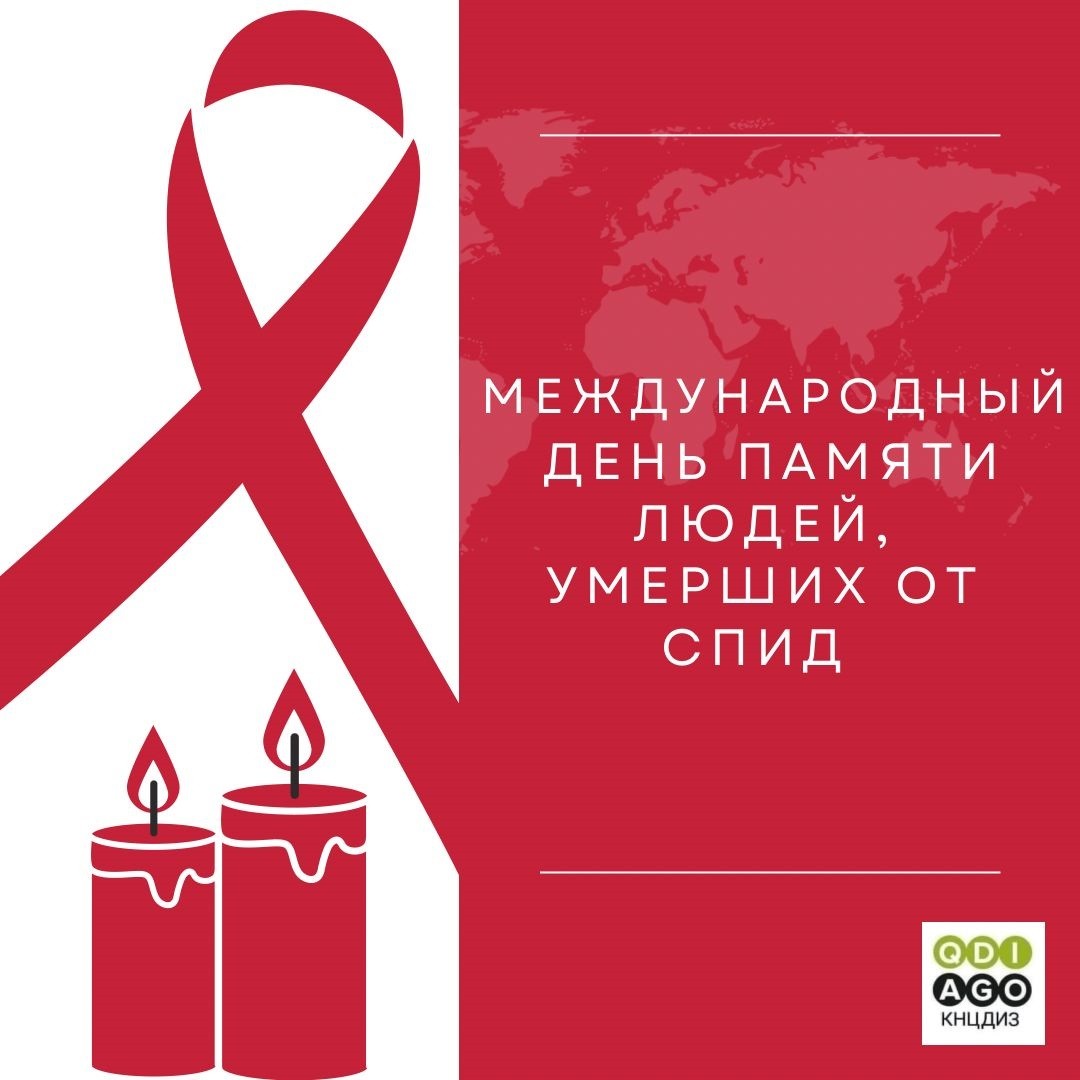
Обычная версия сайта
Republic of Kazakhstan, Almaty, Raimbek Ave., 60
Location map+7 (727) 39742 23 Reception
+7 (727) 39742 17 Registry
+7 (727) 39742 06 Helpline
1414 Single contact center


Обычная версия сайта
Republic of Kazakhstan, Almaty, Raimbek Ave., 60
Location map+7 (727) 39742 23 Reception
+7 (727) 39742 17 Registry
+7 (727) 39742 06 Helpline
1414 Single contact center

May 18, 2023
On the eve of the International Day of Remembrance of People Who Died of AIDS, Emonn Murphy - UNAIDS Regional Director in the EECA countries, B. Baiserkin - Director of the Kazakh Scientific Center for Dermatology and Infectious Diseases (KNCDIZ) of the Ministry of Health of the Republic of Kazakhstan and N. Amanzholov - President of the Central Asian Association of People Living with HIV, adopted a joint communique.
The document notes that on the International Day of Remembrance of Those Who Died of AIDS in 2023, which is celebrated annually on the third Sunday of May, it is important to honor the memory of people who died as a result of AIDS, as well as to think about the fact that HIV infection is still an incurable disease, about prevention measures and what can be done to save every life. Since the beginning of the epidemic, more than 84.2 million people have been infected with HIV worldwide, and more than 40.1 million have died from AIDS-related diseases.
"Kazakhstan pays special attention to the creation of a reliable and sustainable HIV response system: over the past 12 years, the coverage of antiretroviral therapy has increased 19 times. In 2022, 84% of people who know their HIV status received treatment. Kazakhstan has adopted most of the protocols and recommendations of WHO and UNAIDS on HIV prevention. The country has joined the Global Partnership for the Elimination of All Forms of Stigma and Discrimination Related to HIV," said B. Baiserkin, Director of the CNDDIZ.
However, there remains a high level of stigma and discrimination against people living with HIV around the world. Kazakhstan is taking measures to decriminalize regulatory legal documents that are included in the Roadmap adopted by the Ministry of Health for the implementation of measures to prevent HIV infection in the Republic of Kazakhstan for 2023-2026.Thus, the Law on Criminal Liability for HIV Transmission in Kazakhstan was adopted in 2001.
"However, the application of this law has been limited, and over the past 5 years, less than a dozen cases of imprisonment for HIV transmission have been registered in the country. Nevertheless, the existence of such a law promotes stigma and discrimination against people living with HIV and deters people from seeking HIV testing and treatment services," said N. Amanzholov, President of the Central Asian Association of People Living with HIV.
The recent decision of the Government of the Republic of Kazakhstan to remove legal barriers to the adoption of children by people living with HIV is a positive step towards eliminating stigma and discrimination against people living with HIV. Other progressive, evidence-based changes in legislation are also being prepared.
"By aligning its policies and programs with the goals of the Declaration, Kazakhstan can accelerate progress towards ending the AIDS epidemic. Kazakhstan can become a regional leader in ending HIV by setting an example in removing barriers that prevent people from seeking medical care," concluded Emonn Murphy, UNAIDS Regional Director in the EECA countries.
The full text of the communique can be found here: https://kncdiz.kz/en/documenty/page62204/
The International Day of Remembrance of People Who Died of AIDS is held to remember those who died of AIDS, to express solidarity with people living with HIV, to inform about the need for testing, to reflect on the fact that HIV infection can affect each of us.
For the first time Memorial Day was held in the USA in San Francisco in 1983. In 1991, the Californian artist Frank Moore created a symbol of the fight against AIDS – a red ribbon that is attached to clothes on this day as a sign of solidarity with those affected by the epidemic. Another symbol is quilt – a patchwork canvas with the names of those who died from AIDS. Candles are lit in their memory.


